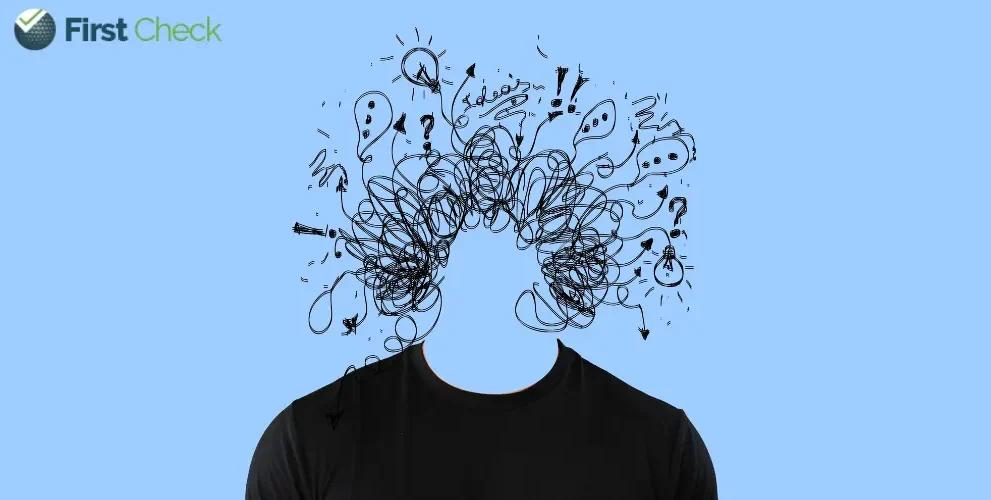Being diagnosed as an individual with ADHD brought a mix of emotions – relief at finally having the correct diagnosis, anger for the past dismissals, and determination to move forward.
At 22, I approached my first mental health counsellor with concerns pertaining to forgetfulness and struggles with day-to-day tasks. To my surprise, the response I received was dismissive. I was told that I was simply lazy and avoided work by making excuses. This initial encounter left me feeling defeated, but I refused to accept this as my reality.
Determined to find a solution to my daily ordeals, I visited another counsellor. This time, the symptoms were attributed to imposter syndrome, a label that felt misplaced and failed to capture the essence of my struggles. The psychiatrist claimed excessive reading about my issues had led me down a path of self-doubt, a notion that only added to my confusion.
Undeterred, I sought out a third professional, hoping for a breakthrough. However, my hopes were shattered when this professional attributed my concerns to hormonal fluctuations, dismissing the possibility of a deeper issue. It was a disheartening experience, leaving me feeling lost and questioning the validity of my own experiences.
The quest for a correct diagnosis proved challenging and disheartening, with multiple misdiagnoses and prescriptions that seemed to miss the mark. Finally, last year, I met a psychiatrist who acknowledged the existence of adult attention deficit hyperactivity disorder (ADHD) and understood its nuanced manifestation in women.
It was at Dr Pratham Dua’s office that I finally felt like I was heard. He took time to understand my experiences, knowing that ADHD manifests differently in men and women. My forgetfulness, disorganisation, and struggles were not signs of laziness or hormonal issues, but were indicative of a genuine neurodevelopmental condition.
Being diagnosed as an individual with ADHD brought a mix of emotions – relief at finally having been diagnosed correctly, anger for the past dismissals, and determination to move forward. With the right diagnosis came a tailored treatment plan that made a significant improvement in my daily life.
As I embraced this struggle with ADHD, I also became a strong advocate for raising awareness about the condition in women. I couldn’t help but wonder whether this was a long overdue recognition or a potential underdiagnosis?
When it comes to ADHD, it has predominantly been a male narrative. Boys, with their boundless energy and unmistakable hyperactivity, seemed to fit the script perfectly. The diagnosis echoed this sentiment, with boys receiving the label three times more often than their female counterparts. However, recent research shows that ADHD is not an exclusive male domain. In fact, 4.4% of all adults – men and women – are affected by the mental health condition.
Yet, females have found themselves on the periphery, diagnosed at significantly lower rates than their boisterous male counterparts. Girls, with their subtler symptoms, often went unnoticed, leading to fewer diagnoses. It was as if their script had been written in a softer ink, causing their struggles to be overshadowed by societal expectations and often misdiagnoses of anxiety or depression.
As the world turns its attention to the nuances of ADHD, I hope that future chapters will be written with a more comprehensive understanding, compassion, and appreciation for the myriad ways in which the condition can manifest in both men and women.
Read More : Explainer: Understanding ADHD



